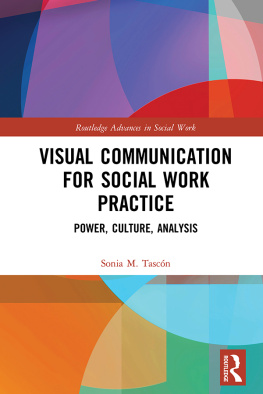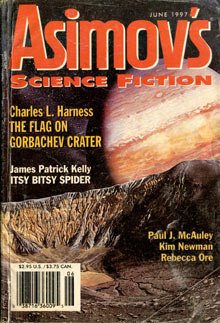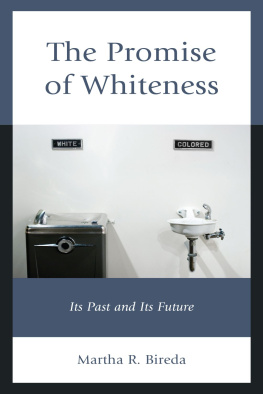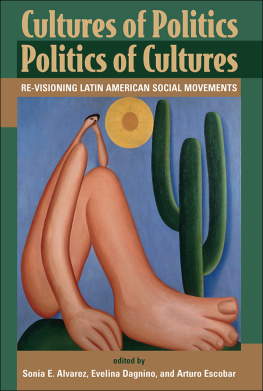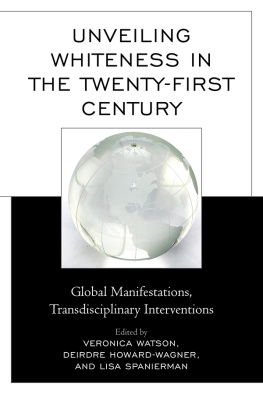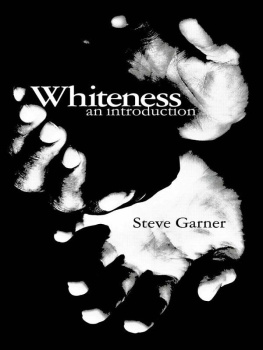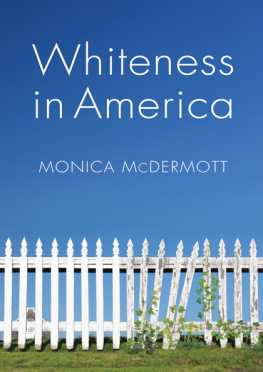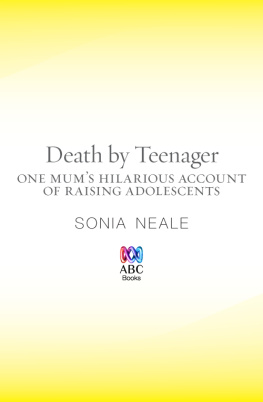
Disrupting Whiteness in Social Work
Focussing on the epistemic the way in which knowledge is understood, constructed, transmitted and used this book shows the way social work knowledge has been constructed from within a white western paradigm, and the need for a critique of whiteness within social work at this epistemic level. Social work, emerging from the western Enlightenment world, has privileged white western knowledge in ways that have been, until recently, largely unexamined within its professional discourse. This imposition of white western ways of knowing has led to a corresponding marginalisation of other forms of knowledge. Drawing on views from social workers from Asia, the Pacific region, Africa, Australia and Latin America, this book also includes a glossary of over 40 commonly used social work terms, which are listed with their epistemological assumptions identified. Opening up a debate about the received wisdom of much social work language as well as challenging the epistemological assumptions behind conventional social work practice, this book will be of interest to all scholars and students of social work as well as practitioners seeking to develop genuinely decolonised forms of practice.
Sonia M. Tascn is a Lecturer in Social Work at Western Sydney University. A descendant of the Chilean Indigenous Mapuche Nation, a fact she discovered later in life, she is now committed to understanding and incorporating her indigeneity into her self-identification. Her lengthy academic career has almost completely focused on issues of race, whiteness, diaspora, and refugee and migrant rights. As a social work/ human rights practitioner her practice incorporated Indigenous health, youth and child mental health, as well as child protection, always with a concern for race as a dimension of inequality. In her later academic life, she took a turn towards the creative visual arts, always maintaining a race analysis and focus on communities as sources of sustenance. Her current interest lies on disrupting white epistemologies in social work and beyond, as a foundational means of achieving decolonisation.
Jim Ife is Professor of Social Work at Western Sydney University. He has previously been Professor of Social Work and Social Policy at The University of Western Australia and at Curtin University, and was Head of the Centre for Human Rights Education at Curtin, where is he Emeritus Professor. He has written extensively in the areas of community development, social work and human rights, and is the author of Community Development (Cambridge University Press, latest edition 2016), Human Rights and Social Work (Cambridge University Press, 3rd edition 2013), Human Rights from Below (Cambridge University Press, 2010) and Rethinking Social Work (Pearson, 1997). He is also co-editor of Radicals in Australian Social Work: Stories of Life-Long Activism (Conor Court, 2017).
Disrupting Whiteness in Social Work
Edited by Sonia M. Tascn and Jim Ife
First published 2020
by Routledge
2 Park Square, Milton Park, Abingdon, Oxon OX14 4RN
and by Routledge
52 Vanderbilt Avenue, New York, NY 10017
Routledge is an imprint of the Taylor & Francis Group, an informa business
2020 selection and editorial matter, Sonia Tascn and Jim Ife; individual chapters, the contributors
The right of Sonia Tascn and Jim Ife to be identified as the authors of the editorial material, and of the authors for their individual chapters, has been asserted in accordance with sections 77 and 78 of the Copyright, Designs and Patents Act 1988.
All rights reserved. No part of this book may be reprinted or reproduced or utilised in any form or by any electronic, mechanical, or other means, now known or hereafter invented, including photocopying and recording, or in any information storage or retrieval system, without permission in writing from the publishers.
Trademark notice : Product or corporate names may be trademarks or registered trademarks, and are used only for identification and explanation without intent to infringe.
British Library Cataloguing-in-Publication Data
A catalogue record for this book is available from the British Library
Library of Congress Cataloging-in-Publication Data
A catalog record has been requested for this book
ISBN: 978-0-367-24750-8 (hbk)
ISBN: 978-0-429-28418-2 (ebk)
Typeset in Bembo
by Deanta Global Publishing Services, Chennai, India
Contents
Sonia Tascn and Jim Ife
Sonia Tascn
Jim Ife
Bindi Bennett
Kathomi Gatwiri
Sharlotte Tusasiirwe
Lobna Yassine
Jioji Ravulo
Tracie Mafileo
Iris Silva Brito and Goetz Ottmann
Siew Fang Law
Larry Emil Alicea-Rodrguez
The editors and authors wish to acknowledge the traditional custodians of the various lands on which these chapters were written. We pay our respects to the Elders and Leaders of these Peoples, and of First Nations communities everywhere.
We wish to acknowledge the contributions of Indigenous knowledges and world views, which have informed our writing. We have done our best to represent these knowledges with respect, integrity and sensitivity, and with acknowledgement to traditional knowledge holders.
From our various cultures, we acknowledge our ancestors, our families, our teachers, our students, our friends and our colleagues, who have supported and enriched our lives, and whose wisdom is reflected in the words we have written.
Sonia Tascn and Jim Ife
We dont have a word for [knowledge] our land is our knowledge, we walk on the knowledge, we dwell in the knowledge, we live in our thesaurus, we walk in our Bible every day of our lives. Everything is knowledge.
(Sveiby & Skuthorpe, Treading Lightly , 2006, p. xv)
This quote, from Tex Skuthorpe, a respected Australian Indigenous artist, educator and custodian of traditional law and stories, whose life and work has profoundly influenced both of us, is a good starting point for this book. It demonstrates how the very idea of knowledge is culturally constructed. For this Nhunggabarra man, knowledge is not something to set apart or define, yet social workers talk confidently, and unreflectively, about the body of knowledge, knowledge for practice, professional knowledge, knowledge transfer and so on. Knowledge becomes commodified and packaged for consumption. It exists, in its own right, and is there to be used. Such language reflects the dominant Western world view, and also reflects the assumptions of the universities in which social work is taught, where terms such as those above are largely non-problematic. The contrast between this view of knowledge and the Indigenous understanding conveyed in the quote is vast. Yet if we are to take seriously ideas of indigenising and decolonising social work, we have to address this epistemological ravine. Social work, as taught in universities and as practised in many countries, is overwhelmingly influenced by Western Enlightenment understandings of knowledge, of what it is, of how it is acquired, of how it is communicated and of how it is used. It is our contention that this represents a major blockage to the indigenisation and the decolonisation of social work. The focus of this book, therefore, is on social work knowledge.




